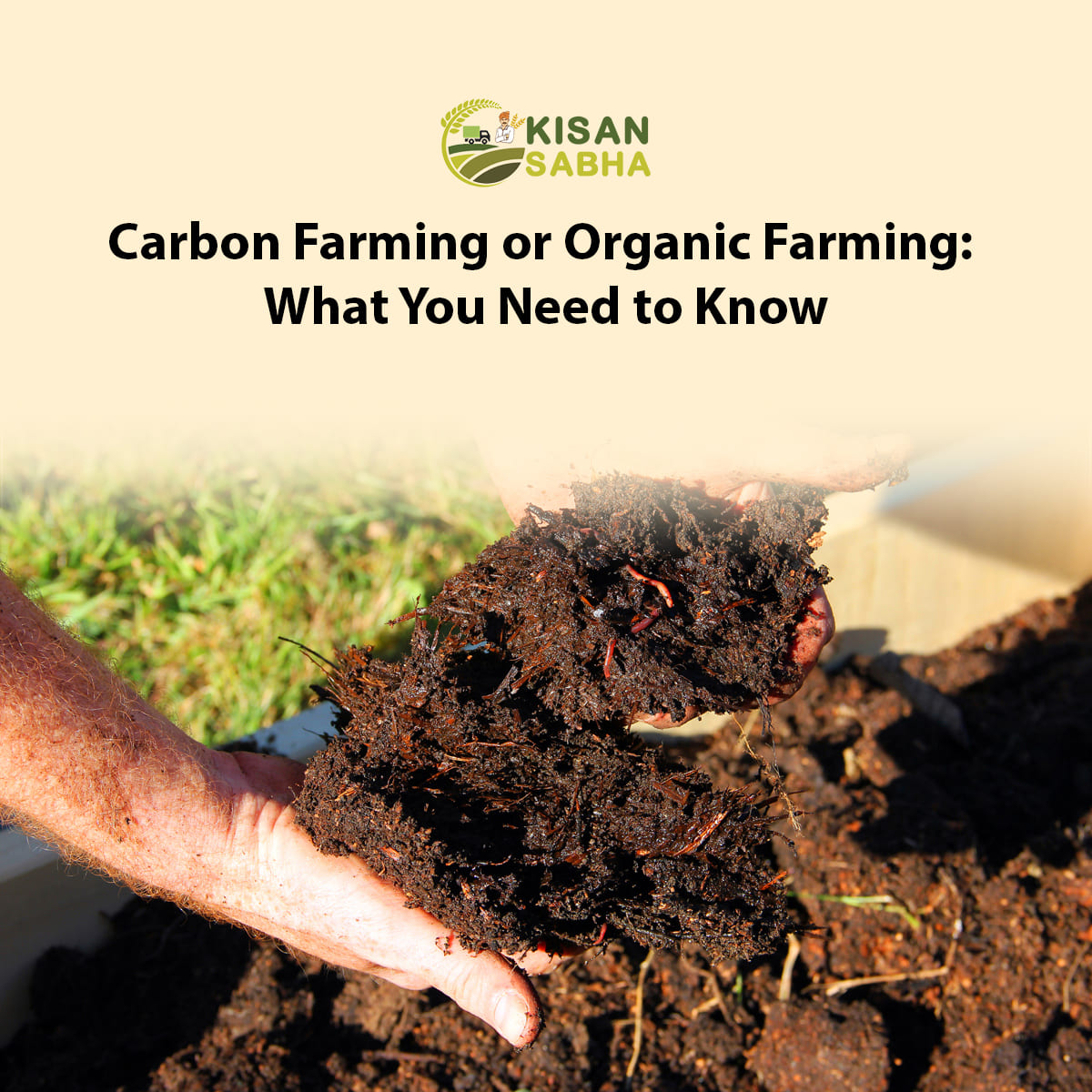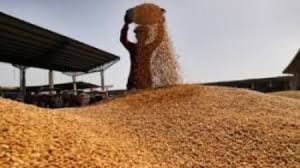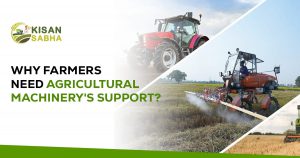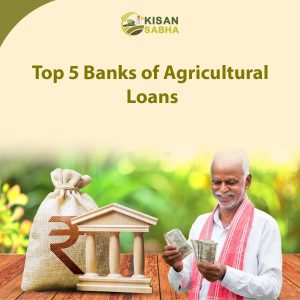Organic farming and carbon farming are often talked about together because both aim to help the environment. First, organic farming focuses on growing food without harmful chemicals. In addition, it uses natural methods to keep soil healthy and crops safe. On the other hand, carbon farming aims to capture carbon dioxide from the air. Consequently, this practice helps fight climate change by storing carbon in the soil. Both methods support sustainable farming, but they have different goals. Additionally, organic farming helps improve food quality, while carbon farming helps reduce greenhouse gases. Therefore, while they are linked, each has its special focus. In this article, we will explore both farming types and see how they connect.
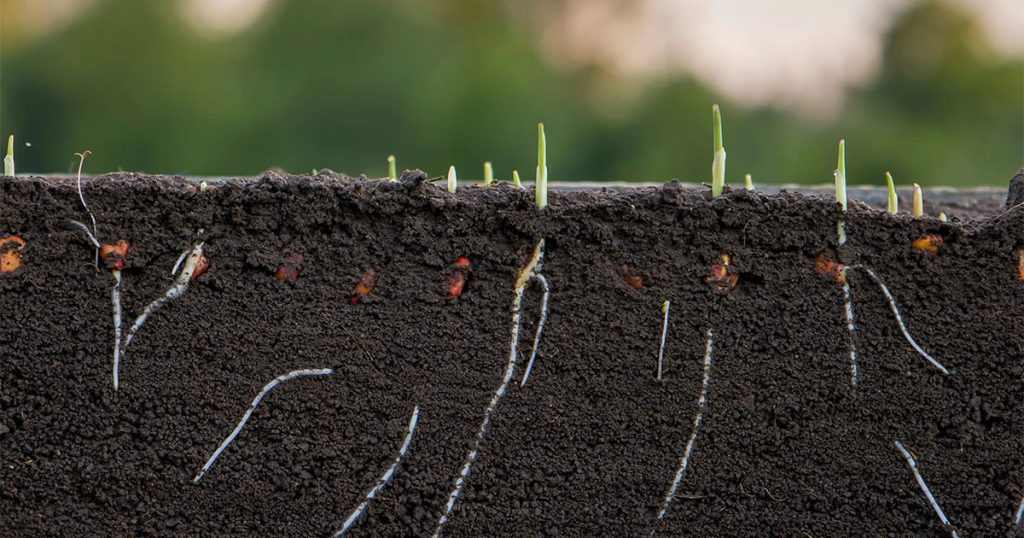
Organic Farming: Nature’s Way of Growing Food
Farming is like preparing a nutritious meal for your loved ones. Just as you’d carefully choose fresh, clean ingredients for cooking, organic farmers choose natural ways to grow food. Think of your farm as a kitchen where health matters most. Instead of using artificial chemicals that might harm plants or soil, organic farmers use nature’s recipes.
For example, they work with the land, not against it. Imagine using compost made from farm waste, encouraging helpful insects to control pests, and rotating crops to keep soil strong. In this way, these farmers treat their land like a living, breathing organism. Moreover, they use natural fertilizers like animal manure, plant different crops in sequence, and focus on building healthy soil. Ultimately, the goal is simple: grow food that’s good for people and kind to the earth.
What Makes Organic Farming Special?
Firstly, healthy soil: Organic farmers treat soil like a living thing. They use:
- Natural compost
- Animal manure
- Crop rotation
- Special techniques to keep soil strong and alive
Next, protecting nature’s balance: Organic farming is like creating a small ecosystem:
- Encouraging different plants and animals
- Supporting helpful insects
- Keeping the farm environment diverse and healthy
Furthermore, taking care of animals: If farmers have livestock, organic farming means:
- Giving animals space to move
- Feeding them natural food
- Treating them kindly and humanely
Additionally, recycling everything: Organic farmers try to:
- Use resources wisely
- Reduce waste
- Reuse and recycle whatever they can
Carbon Farming: Fighting Climate Change Through Agriculture
Moreover, imagine transforming your farm into a powerful environmental protector. Carbon farming turns ordinary fields into climate-fighting zones. As a result, you become a hero protecting our planet’s health. Initially, your farm acts like a giant sponge, absorbing harmful gases from the air. Additionally, every tree you plant and every acre you protect helps capture carbon dioxide. Notably, these simple actions can reduce environmental damage. Thus, smart farming techniques make a big difference:
- Plant trees strategically
- Use cover crops
- Minimize soil disturbance
- Protect ground ecosystems
Ultimately, your farm becomes more than a food production space. Instead, it transforms into a powerful tool for fighting global climate challenges. In this way, your fields can become a secret weapon against global warming, one seed and one patch of soil at a time. Also, carbon farming transforms farmers from simple food producers into climate champions who protect our shared home—planet Earth.
Also Read:- What is Crop Insurance? Challenges Faced by Innovative Producers
What Do Carbon Farmers Do?
- Firstly, planting trees: Adding more trees to farmland helps trees grow that absorb carbon dioxide, creating green spaces that protect the environment.
- Secondly, smart crop management: Growing special cover crops protects soil from erosion and adds nutrients back to the ground.
- Thirdly, reducing soil disturbance: Minimizing plowing keeps soil structure intact and helps tiny soil organisms survive and thrive.
- Lastly, mixing trees with farming: Planting trees alongside crops creates spaces where different plants and animals can live together, improving overall farm health.
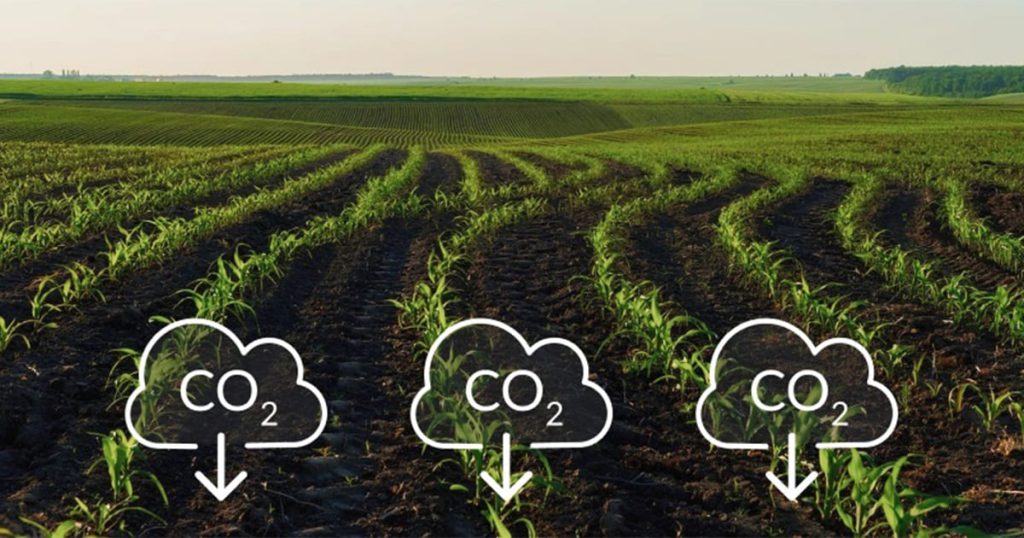
Where Organic Farming and Carbon Farming Meet
Both farming approaches have something important in common: they care about soil health. Think of soil like a big, living sponge that:
- Holds water
- Stores nutrients
- Supports plant growth
- Helps fight climate change
Regenerative Agriculture: The Best of Both Worlds
Interestingly, some farmers are now using a new approach called regenerative agriculture. This method also combines the best parts of organic and carbon farming.
Key Strategies:
- Using diverse cover crops
- Growing plants that come back year after year
- Moving livestock carefully to help grass and soil grow
- Adding high-quality compost
- Planning landscape design carefully
- Making smart decisions based on careful observation
Why Should Farmers Care?
There are several reasons why farmers should consider these methods:
Healthier Food:
- Chemical-free produce
- More nutritious crops
- Better taste
Environmental Protection:
- Reducing harmful gases
- Protecting water sources
- Supporting wildlife
Long-Term Farm Success:
- More resilient farming systems
- Lower input costs
- Better soil quality
- Increased farm productivity
Real Benefits of Sustainable Farming
Imagine saving money and making your farm stronger at the same time. Also, by using smart farming techniques, you can:
- Spend less on expensive chemicals
- Grow crops more consistently
- Make your soil healthier and more alive
- Keep more water in your fields
- Finally, build a farm that can handle tough times
Simple Farmer’s Guide to Success
Here’s how to get started:
- Take small steps – don’t try to change everything overnight.
- Never stop learning about new farming techniques.
- Try new methods carefully and observe the results.
- Talk to other farmers and share what you’re learning.
- Understand that good changes take time.
Remember, farming is a journey. Also, each small improvement makes your farm stronger, healthier, and more productive. Your farm is like a living organism – it needs care, patience, and continuous learning to thrive.
Conclusion
Organic and carbon farming aren’t just trendy words – they’re about creating a sustainable future. Therefore, by understanding these approaches, farmers can:
- Grow healthy food
- Protect the environment
- Build stronger, more resilient farms
In summary, the journey is about working with nature, not against it. Overall every small step counts in creating a healthier planet and more sustainable agriculture.


